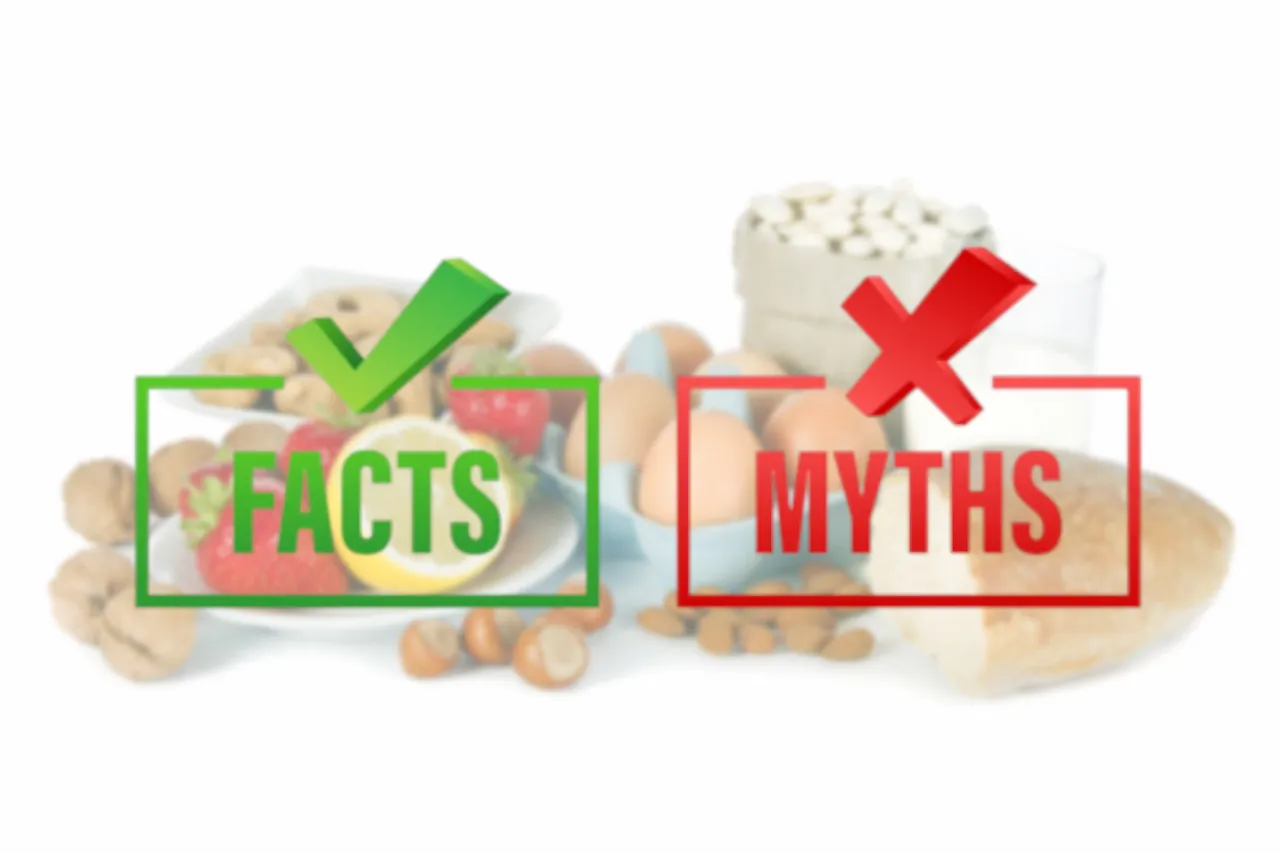Food allergies in children are often misunderstood, leading to unnecessary fears and stigmas. This article aims to debunk some of the most common myths surrounding food allergies and provide parents with evidence-based information.
Myth 1: Food allergies are rare
Contrary to popular belief, food allergies are on the rise, especially among children. According to recent studies, approximately 1 in 13 children in the United States has a food allergy.
Myth 2: All Food allergic reactions are severe
While some allergic reactions can be life-threatening, not all are. Symptoms can range from mild, such as hives or an upset stomach, to severe, like anaphylaxis.
Myth 3: You can outgrow all food allergies
While it's true that some children outgrow certain food allergies, like milk or egg, allergies to foods like peanuts, tree nuts, and shellfish are often lifelong.
Myth 4: Antihistamines can treat all allergic reactions
Antihistamines like Benadryl can alleviate mild symptoms but are not effective for treating severe reactions. An EpiPen is often required for severe cases.
Myth 5: Cooking food alters the allergen
Cooking can change the protein structure in some foods, but it's not a guaranteed way to eliminate allergens. Always consult with an allergist for personalized advice.
Conclusion
Understanding the facts about food allergies can help parents make informed decisions and take appropriate precautions. Debunking these myths is the first step in creating a safer and more inclusive environment for children with food allergies.
If you found this article useful and are looking for a practical tool for managing your children's food allergies, we invite you to discover the Allergio application. It offers innovative features to help you navigate the complex world of food allergies.
Click here to get early access to Allergio.

